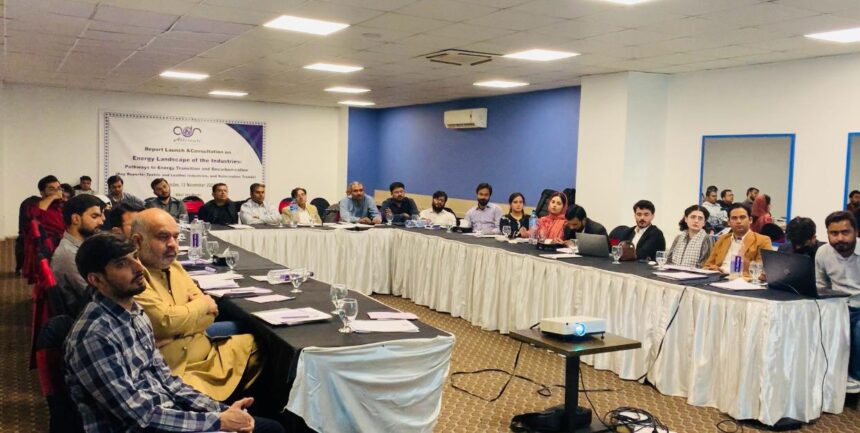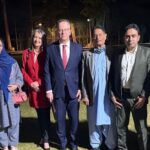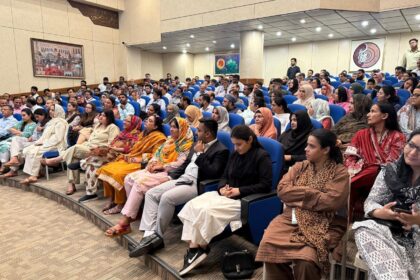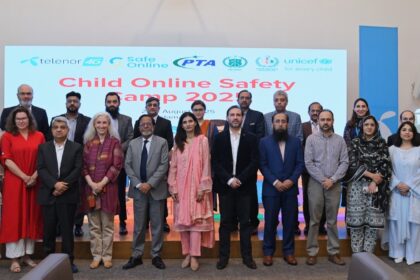
Experts Warn Pakistan’s Industries Must Shift to Renewable Energy to Stay Competitive in Global Low-Carbon Markets
Climate and energy experts have cautioned that Pakistan’s industrial sector must urgently transition toward renewable energy and low-carbon production to remain competitive in global markets increasingly shaped by climate regulations. The warning came during the launch of three research studies on industrial decarbonization, collectively urging policymakers and manufacturers to accelerate solar adoption, cut emissions, and establish long-term energy strategies.
The event, hosted by Alternate Development Services (ADS) in Faisalabad, gathered academics, industry leaders, policymakers, and civil society representatives to assess the future of energy use in the country’s textile and leather sectors—two of Pakistan’s largest contributors to exports and industrial emissions. Speakers emphasized that global buyers, especially in Europe, are now requiring strict sustainability compliance from suppliers.
Opening the session, ADS Chief Executive Amjad Nazeer said Pakistan’s industries were standing at “a decisive moment” where energy decisions would determine future export survival. He noted that global carbon thresholds, evolving buyer expectations, and new supply-chain standards were already reshaping industrial production. Countries acting early, he said, would enjoy competitive advantage, while others risk exclusion from international markets.
The first study, presented by Dr Syed Ali Abbas Kazmi, Head of Department at USPCASE NUST, and researcher Muhammad Usman bin Ahmed, evaluated the techno-economic feasibility of off-grid solar solutions for the textile sector. The research found significant cost savings and major carbon-reduction benefits, particularly under the Competitive Trading Bilateral Contract Market (CTBCM) framework, which is expected to redefine Pakistan’s future power market.
A second study, delivered by ADS Green and Clean Energy Officer Abdul Haseeb Tariq, examined the current pace of industrial solarisation. While solar adoption is growing across industrial clusters, the study found that financial barriers, regulatory gaps, and inconsistent government support continue to limit large-scale transition.
The third study, presented by ADS Advocacy Lead Amjad Mehdi, analysed energy consumption patterns in Pakistan’s leather industry. His report identified major inefficiencies, high-emission processes, and key opportunities for low-carbon transformation. He warned that international buyers were increasingly scrutinising the sector, and that failure to decarbonise could risk Pakistan’s future access to global markets.
A panel discussion featuring experts from the University of Agriculture Faisalabad, National Textile University, NUST, and leading private-sector firms highlighted the growing climate and commercial pressures on industries. Experts stated that renewable energy adoption was no longer driven mainly by environmental concerns but by direct requirements from global buyers. Major clients, especially European brands, now expect suppliers to meet specific sustainability and clean-energy criteria.
Panelists noted a rising trend in which industries use solar energy to comply with Environmental, Health, and Safety (EHS) standards set by international brands. They stressed that Pakistan’s industrial resilience now depends on diversifying energy sources, improving efficiency, and investing early in renewable technologies to remain competitive in global value chains.
In his concluding remarks, ADS Chief Executive Amjad Nazeer called the three research studies “blueprints for action” and urged strong collaboration between industry, government, and academia to accelerate Pakistan’s clean-energy transition. He warned that without decisive long-term planning, Pakistan could fall behind in a global economy increasingly dominated by climate compliance and low-carbon production requirements.











